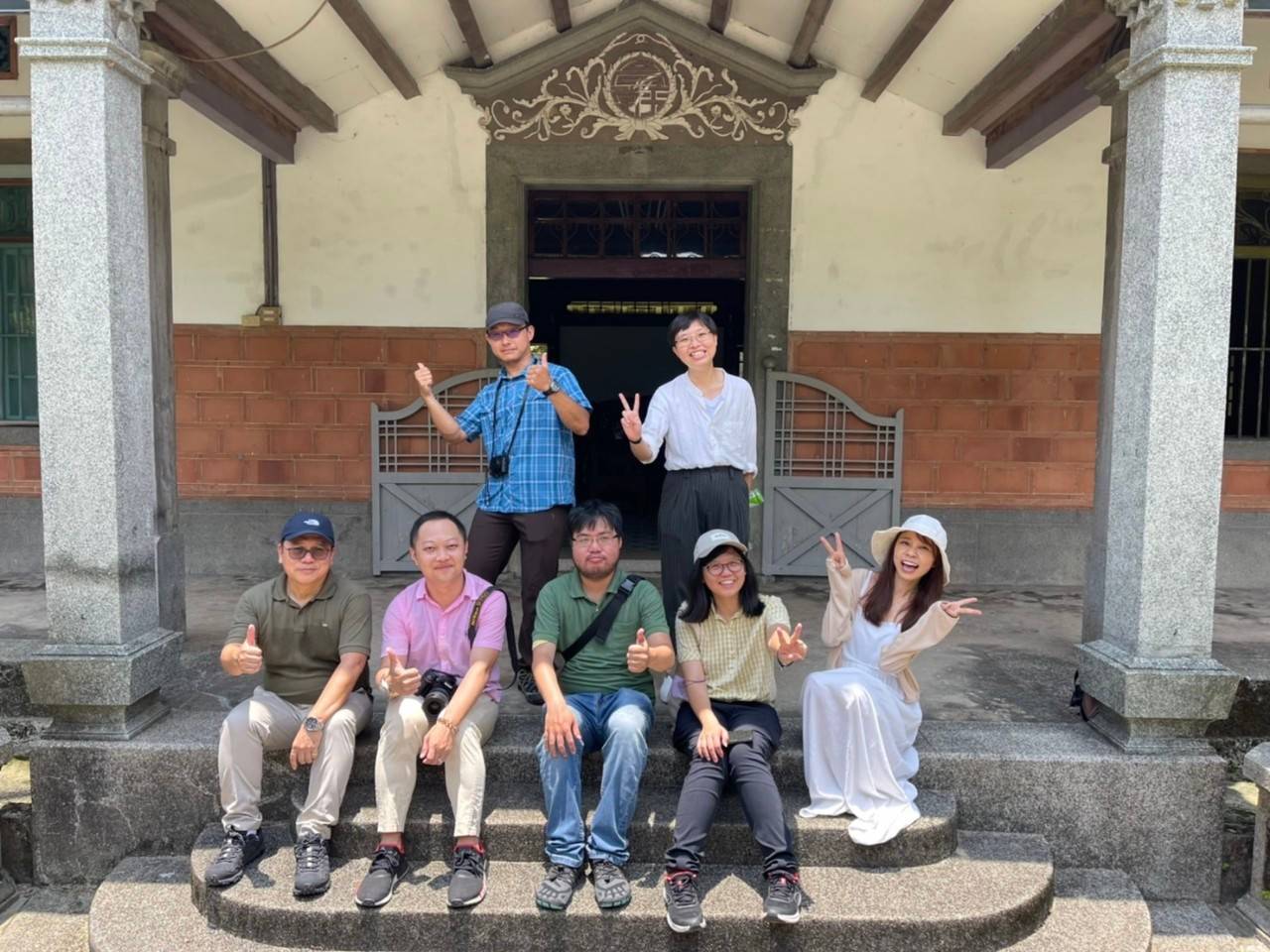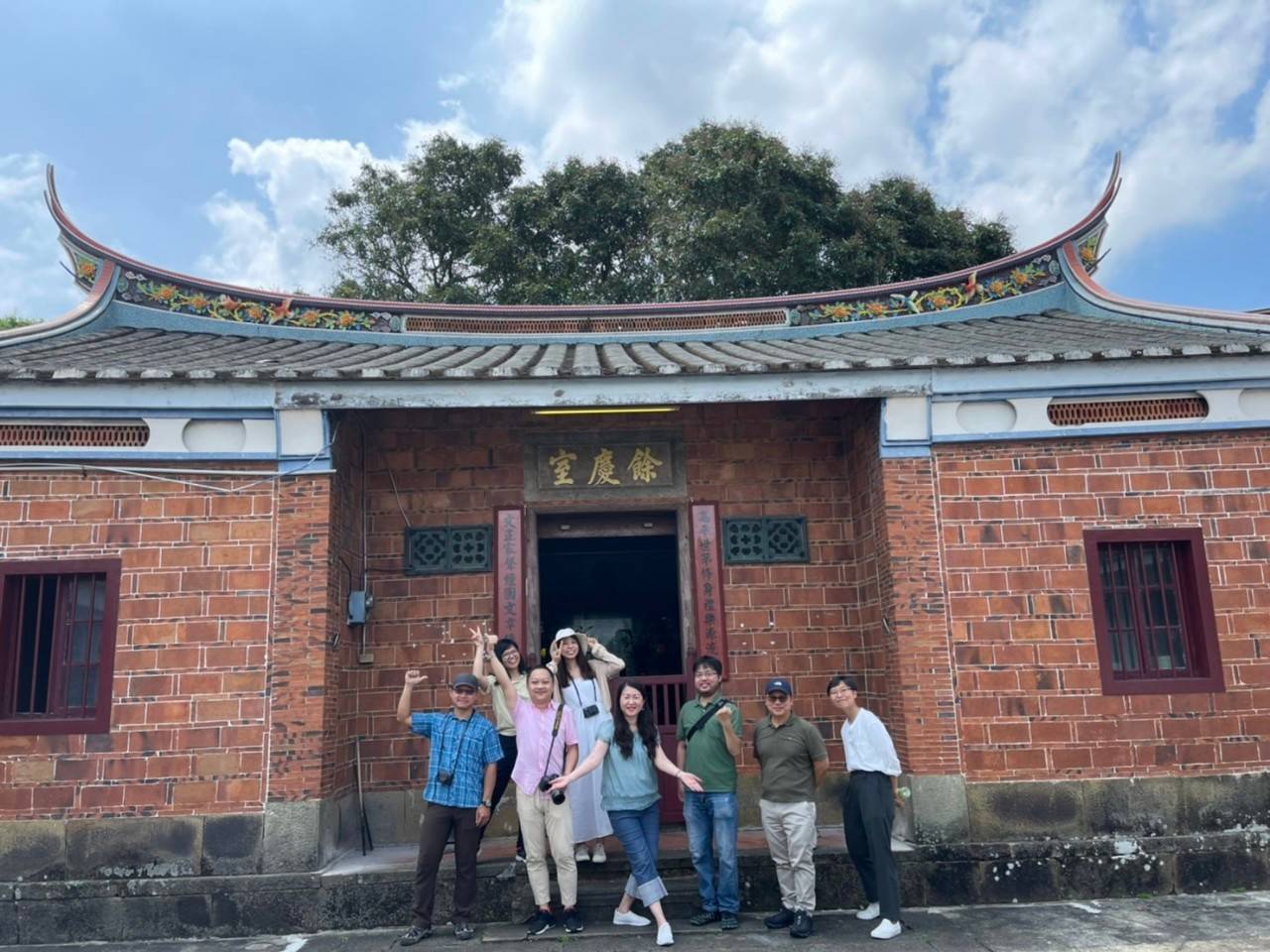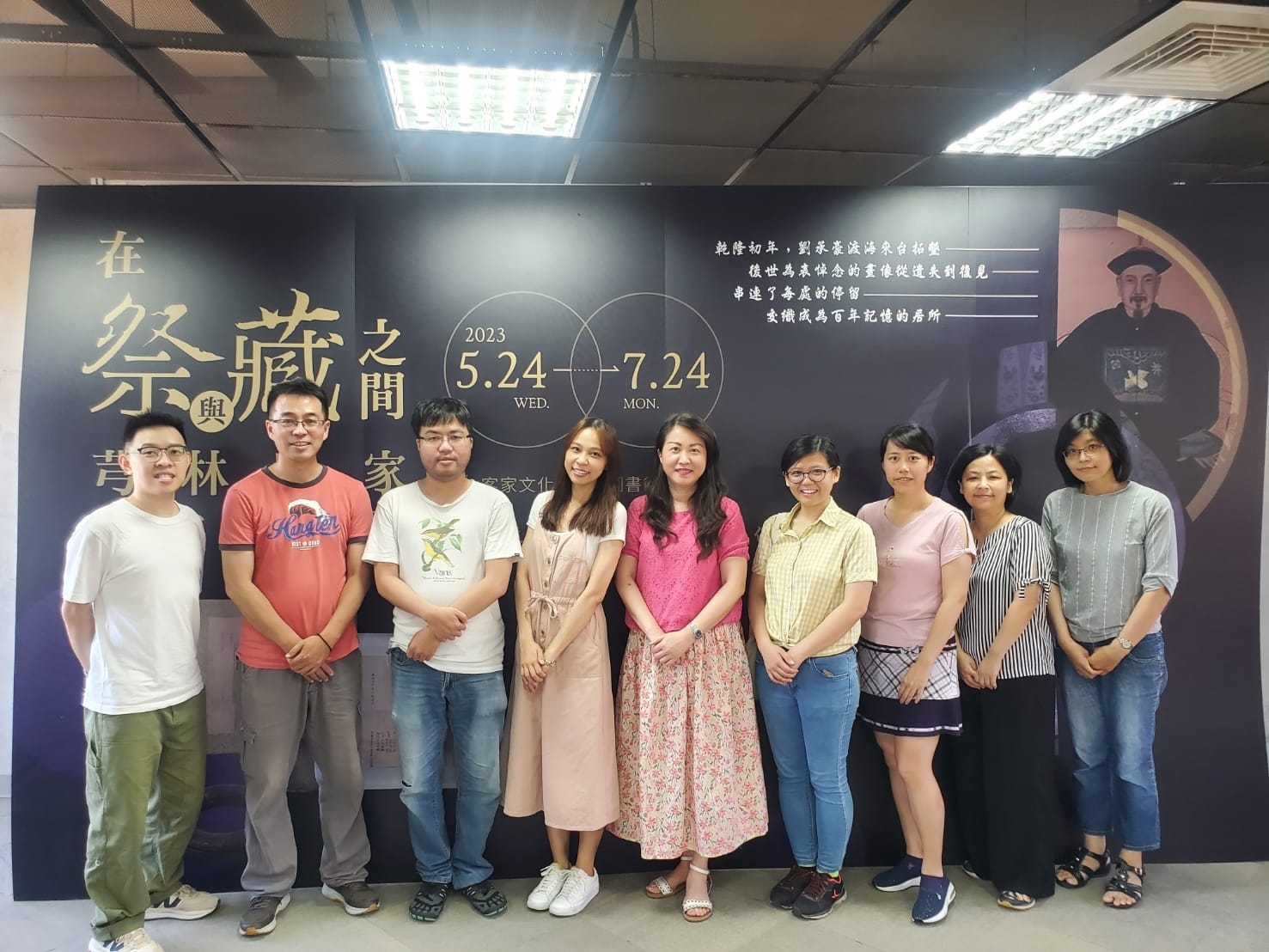Introduction
History
The PhD program was established in 2018, with the first intake of two full-time students in the same year. The program is administratively affiliated with the College of Hakka Studies, and its faculty and curriculum are provided by the Department of Humanities and Social Sciences and the Department of Communication and Technology within the college.
Purpose
Taiwan's empirical experiences in preserving Hakka ethnic culture—including language, communication, festivals, cultural industries, education, and cultural governance—serve as a paradigm in the study of the long-term trajectory of human civilization. High-level Hakka research talents not only contribute to Taiwan's ethnic cultural governance and overall social development but also play a vital role in promoting understanding, interpretation, and harmonious governance of ethnic cultures in Chinese and Southeast Asian societies, as well as globally. Since the establishment of the College of Hakka Studies in 2004, the university has built a strong foundation, leading to the creation of a PhD program to cultivate a new generation of Hakka scholars.
Development Direction
Focusing on Hakka studies, the college integrates its expertise in ethnic governance and communication technology. PhD students are expected to develop core competencies in exploring Hakka research theories and methods, studying classic Hakka research, and examining global Hakka communities. In the area of ethnic governance, the curriculum delves into ethnic and cultural theories, ethnic studies, global governance, and social innovation. In the field of communication and technology, the program emphasizes media culture, strategic communication, and the advancement of communication technology.
Features
PhD graduates from the college are grounded in Taiwan's regional and ethnic experiences while also being oriented towards international research, with a focus on Asian regional studies and cutting-edge academic developments. To support this, the PhD program combines resources from the Taiwan University System (UST) and relevant professional platforms at the Academia Sinica, including its institutes of ethnology, sociology, and Taiwan history. During their studies, students are also required to participate in exchange programs with partner schools or research institutions abroad.





